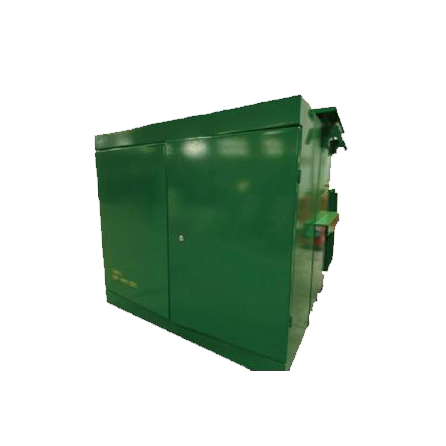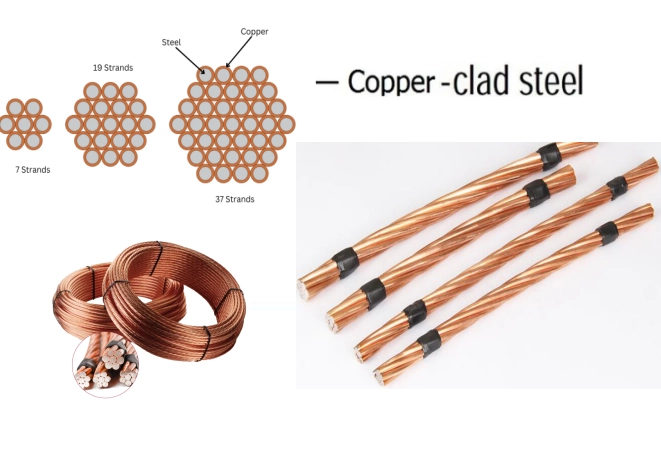When it comes to floor cleaning, selecting the appropriate cleaning agent is crucial for achieving optimal results. Among the various options available, acids have proven to be highly effective in removing stubborn stains, grime, and dirt from different types of flooring surfaces. In this article, we will explore the different types of acids commonly used for floor cleaning and their specific applications, ensuring that you have the knowledge to make informed decisions for your cleaning needs.
- Hydrochloric Acid (HCl):
Hydrochloric acid, also known as muriatic acid, is a powerful acid widely used in floor cleaning. Its strong acidic properties make it effective in removing tough stains, mineral deposits, and rust from concrete, stone, and tile floors. However, caution must be exercised when using hydrochloric acid, as it can cause damage to certain types of flooring materials and emit harmful fumes. Proper safety measures, such as wearing protective gear and diluting the acid, should always be followed. - Sulfamic Acid (H3NSO3):
Sulfamic acid is a versatile acid commonly used for removing hard water stains, lime scale, and rust from various types of flooring surfaces, including ceramic and porcelain tiles. It is a safer alternative to hydrochloric acid, as it is less corrosive and emits fewer fumes. Sulfamic acid-based cleaners are often recommended for regular maintenance cleaning, as they effectively dissolve mineral deposits without causing damage to the floor. - Phosphoric Acid (H3PO4):
Phosphoric acid is another acid frequently employed in floor cleaning, particularly for removing mineral deposits, rust, and hard water stains from concrete and metal surfaces. It is milder compared to hydrochloric acid, making it a suitable choice for delicate flooring materials such as marble and limestone. Phosphoric acid-based cleaners are also effective in preparing floors for sealing or painting, as they help to etch the surface for better adhesion. - Citric Acid (C6H8O7):
Citric acid, derived from citrus fruits, is a natural and environmentally friendly acid used in floor cleaning. It is effective in removing stains, grease, and mineral deposits from a variety of flooring surfaces, including vinyl, laminate, and hardwood. Citric acid-based cleaners are gentle yet powerful, making them an excellent choice for regular maintenance cleaning without causing any harm to the floor or the environment.
Conclusion:
Choosing the right acid for floor cleaning is essential to achieve optimal results while ensuring the longevity of your flooring surfaces. Hydrochloric acid, sulfamic acid, phosphoric acid, and citric acid each have their unique properties and applications. By understanding their strengths and limitations, you can make informed decisions and select the most suitable acid for your specific cleaning needs. Remember to always follow safety guidelines and test the acid on a small, inconspicuous area before applying it to the entire floor. With the right acid and proper cleaning techniques, you can restore the beauty and cleanliness of your floors effectively.


